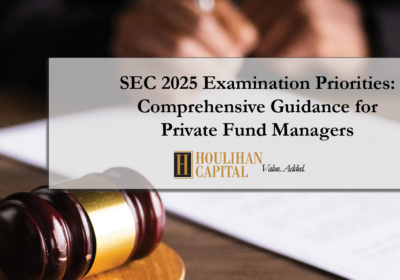The SEC recently proposed new rules and amendments intended to enhance investor protections in initial public offerings by special purpose acquisition companies (“SPACs”) and in subsequent business combination transactions between SPACs and private operating companies. If adopted, the rules would impact SPACs in a variety of important ways. Below we summarize and comment upon the subset of changes intended to assist investors in assessing the fairness of a particular de-SPAC transaction.
Proposed Item 1606 would require disclosure on whether a SPAC reasonably believes that a de-SPAC transaction and any related financing transactions are fair or unfair to investors, as well as a discussion of the bases for this reasonable belief; and proposed Item 1607 would require disclosure on whether a SPAC or its sponsor has received a report, opinion or appraisal from an outside party regarding the fairness of a de-SPAC transaction or any related financing transaction. While these new items stop short of outright mandating fairness opinions, the SEC anticipates compliance would increase the frequency of their use, citing, among other suggestive facts, that (i) “approximately 85% [of SPACs in 2021] did not disclose that a fairness opinion was obtained in connection with a de-SPAC transaction” and (ii) “average costs for fairness opinions obtained by SPAC acquirers where such information was presented in an itemized format in SEC filings was approximately $270,000.” The SEC is leading a horse to water: Best practice for SPACs is clearly to obtain a fairness opinion from a FINRA member to avoid heightened regulatory scrutiny.
Getting on the wrong side of the SEC is a costly proposition, with possible outcomes ranging from deal delays to enforcement actions; however, a properly developed and delivered fairness opinion is advisable for SPACs for two other reasons of note. First, as is always the case, it is a deterrent to shareholder litigation and a possible aid to legal defense, insulating directors from the charge that they violated their fiduciary duties in approving the terms of a business combination. Secondly, a fairness opinion from a FINRA member should mitigate the costs of making some of the newly proposed disclosures, as such disclosures should be covered in the opinion itself. That is, FINRA Rule 5150 already requires its members to provide specified disclosures in a fairness opinion if it knows, or has reason to know, that the opinion will be provided to shareholders. For example, Houlihan Capital typically includes the following information in our deliverable: (1) whether we will receive any additional significant payment or compensation contingent on the completion of the subject transaction; (2) if we independently verified information provided by the company requesting the opinion, a description of the information that was verified; and (3) whether or not the fairness opinion addresses the fairness of the compensation to be received by the SPAC’s officers, directors or employees relative to the compensation to its public shareholders.
For additional information on the proposed rules, please see the following materials published to the SEC’s website:
Houlihan Capital is a boutique investment bank and premier valuation firm. We have extensive experience providing valuation consulting services to SPACs and providing fairness opinions (see fairnessopinion.com) in a wide variety of contexts. The core of our business is providing objective, independent and defensible opinions of value that meet accounting and regulatory requirements. Our clients include some of the largest corporations and asset managers around the world, including top tier ’40 Act funds, private equity funds, hedge funds, and sovereign wealth funds. Houlihan Capital is SOC-compliant, a Financial Industry Regulatory Authority (FINRA) and SIPC member, and committed to the highest levels of professional ethics and standards.
For more information, please contact:
 Varun Sood, CAIA
Varun Sood, CAIA
Vice President
vsood@houlihancapital.com
(312) 450-8622



